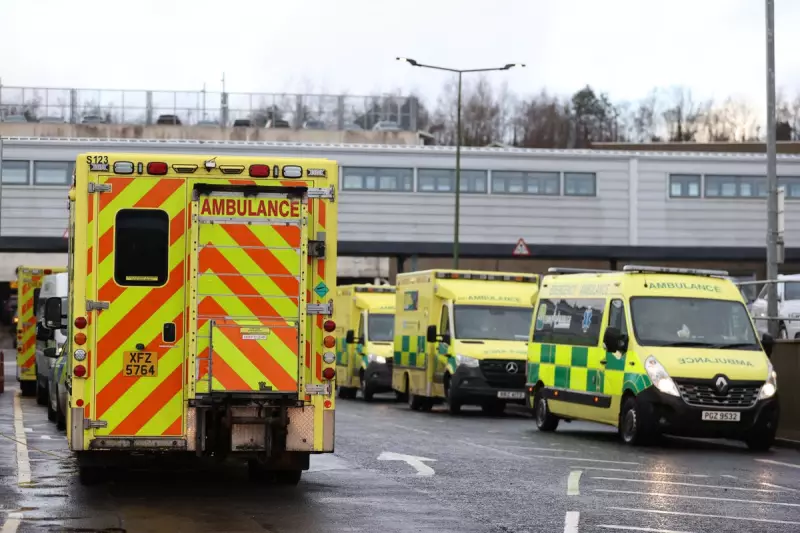
General practitioners across Northern Ireland will soon be required to undertake compulsory training on rare diseases following a concerning report that exposed significant knowledge gaps among doctors.
The Department of Health has announced this mandatory educational initiative after an investigation revealed that many GPs lack essential understanding of uncommon medical conditions, potentially jeopardising patient outcomes.
Addressing Critical Knowledge Gaps
The decision comes in response to findings from the Rare Disease Impact Report, which highlighted worrying deficiencies in primary care physicians' awareness and diagnostic capabilities regarding rare conditions. These knowledge gaps have led to delayed diagnoses and suboptimal treatment for affected patients.
Under the new requirements, all practicing GPs will complete specialised training modules developed in collaboration with the Royal College of General Practitioners (RCGP) and rare disease advocacy organisations.
Comprehensive Training Programme
The training curriculum will cover:
- Early recognition of rare disease symptoms
- Appropriate referral pathways to specialists
- Latest diagnostic techniques and technologies
- Patient support and management strategies
- Collaboration with rare disease networks
A Department of Health spokesperson emphasised that this initiative represents a crucial step toward improving healthcare outcomes for the estimated 1 in 17 people affected by rare conditions throughout their lifetimes.
Building a More Informed Healthcare System
The Royal College of General Practitioners has welcomed the move, noting that enhanced education will empower doctors to provide better care for patients with complex and unusual medical presentations.
"This mandatory training will significantly strengthen our primary care system's ability to identify and manage rare conditions effectively," the College stated.
Healthcare authorities anticipate the programme will reduce diagnostic delays and ensure patients receive appropriate care more quickly, ultimately improving quality of life for those living with rare diseases across Northern Ireland.





